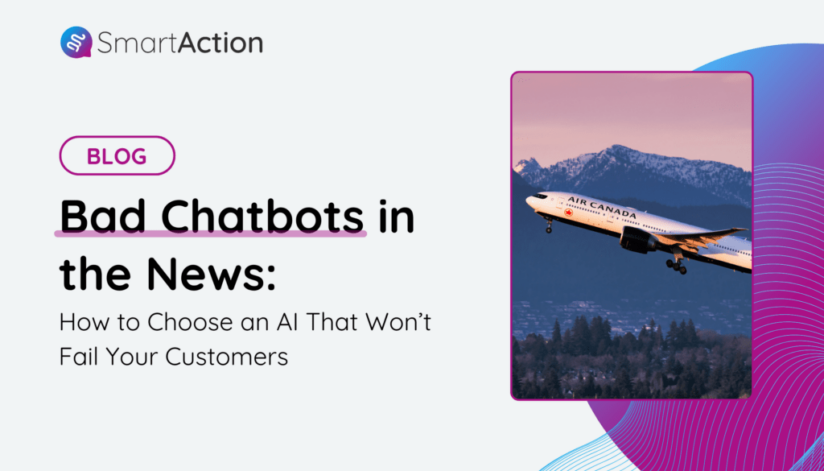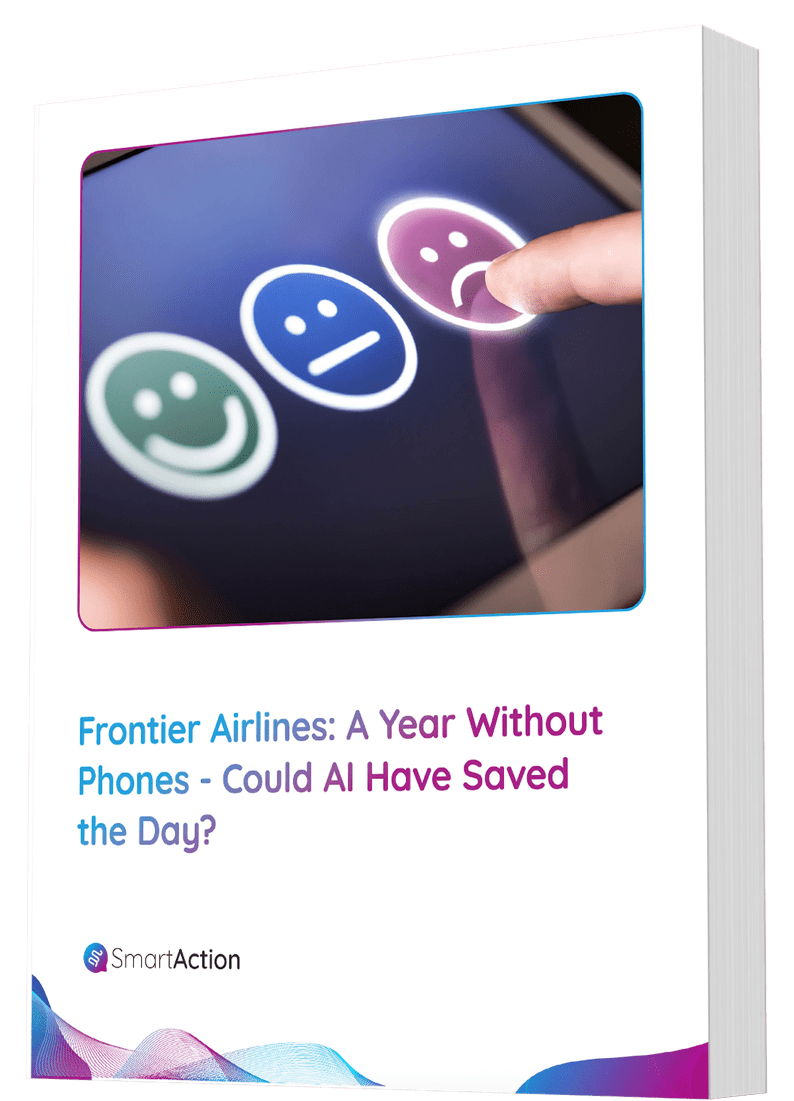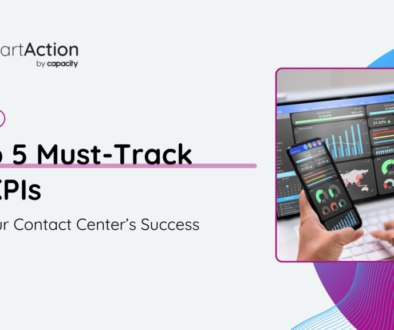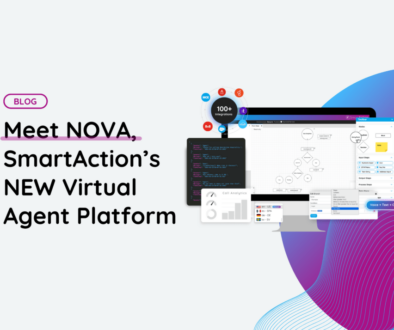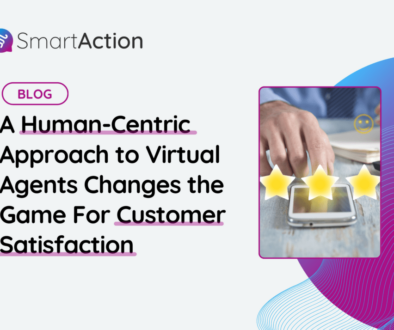Bad Chatbots in the News: How to Choose an AI That Won’t Fail Your Customers
The jump from traditional “press zero” to cutting-edge AI solutions presents both a thrilling opportunity and a daunting challenge in the customer service world. Recent headlines, like the issues faced by Air Canada with its website chatbots, spotlight a critical junction in this journey: the choice of a self-service provider.
In this incident with Air Canada, a customer seeking a bereavement discount for his flight, was informed by the airline’s chatbot that he could apply for the bereavement rate after purchasing his ticket. However, he was met with a starkly different reality. Airline staff informed him that the discount would not be applied, a discrepancy that led to significant distress and eventually, a legal battle.
This stark mismatch between the chatbot’s assurances and the airline’s actual policy not only caused unnecessary hardship for the customer but also sparked a public relations issue for Air Canada. It highlights a crucial lesson: the need for AI systems that are not only technologically advanced but also meticulously aligned with a company’s policies and customer service ethos.
Real Conversations with AI Chatbots
Imagine, if you will, a world where your every customer support interaction is not just a transaction but a conversation, a moment of connection that leaves your customers feeling understood and valued. This vision is at the heart of SmartAction’s mission, where we’re not just about technology; we’re about transforming customer experiences.
Let’s take a page from the recent past to understand this better. In my ebook, “Frontier Airlines: A Year Without Phones – Could AI Have Saved the Day?”, I explored the profound impact of leveraging AI in customer service. The Frontier Airlines saga underscores a crucial lesson: the right technology can not only prevent service mishaps but also elevate the customer experience to unprecedented heights (or prevent an unnecessary decline).
Choosing a self-service provider is more than a technical decision—it’s a commitment to your customers’ satisfaction and trust. Here’s where the story gets interesting. The Air Canada incident reveals a gap, a disconnect between what AI promises and what it sometimes delivers. It’s a stark reminder that not all solutions (chatbots or AI-driven voice) are created equal.
Automation Self-Service You Can Trust
At SmartAction, we understand these challenges deeply. Our platform, NOVA, is designed to bridge this gap, transforming the potential for error into opportunities for connection. NOVA doesn’t just automate; it understands, adapts, and engages in ways that are remarkably human-like.
Why does this matter? Because in the end, customer service is about trust. It’s about ensuring that when your customers reach out, they’re met with solutions, empathy, and understanding. It’s about building a system that learns, improves, and grows with every interaction.
Choosing the right self-service provider is crucial. It’s not just about preventing errors; it’s about creating an environment where excellence in customer service can flourish. With SmartAction, you’re not just selecting a provider; you’re choosing a partner in redefining what exceptional customer service looks like.
We invite you to explore how SmartAction can empower your brand to not just navigate the maze of customer service technology but to emerge as a leader in customer satisfaction. Because at the end of the day, it’s not just about solving problems—it’s about ensuring that every customer journey is seamless, engaging, and, above all, human.

